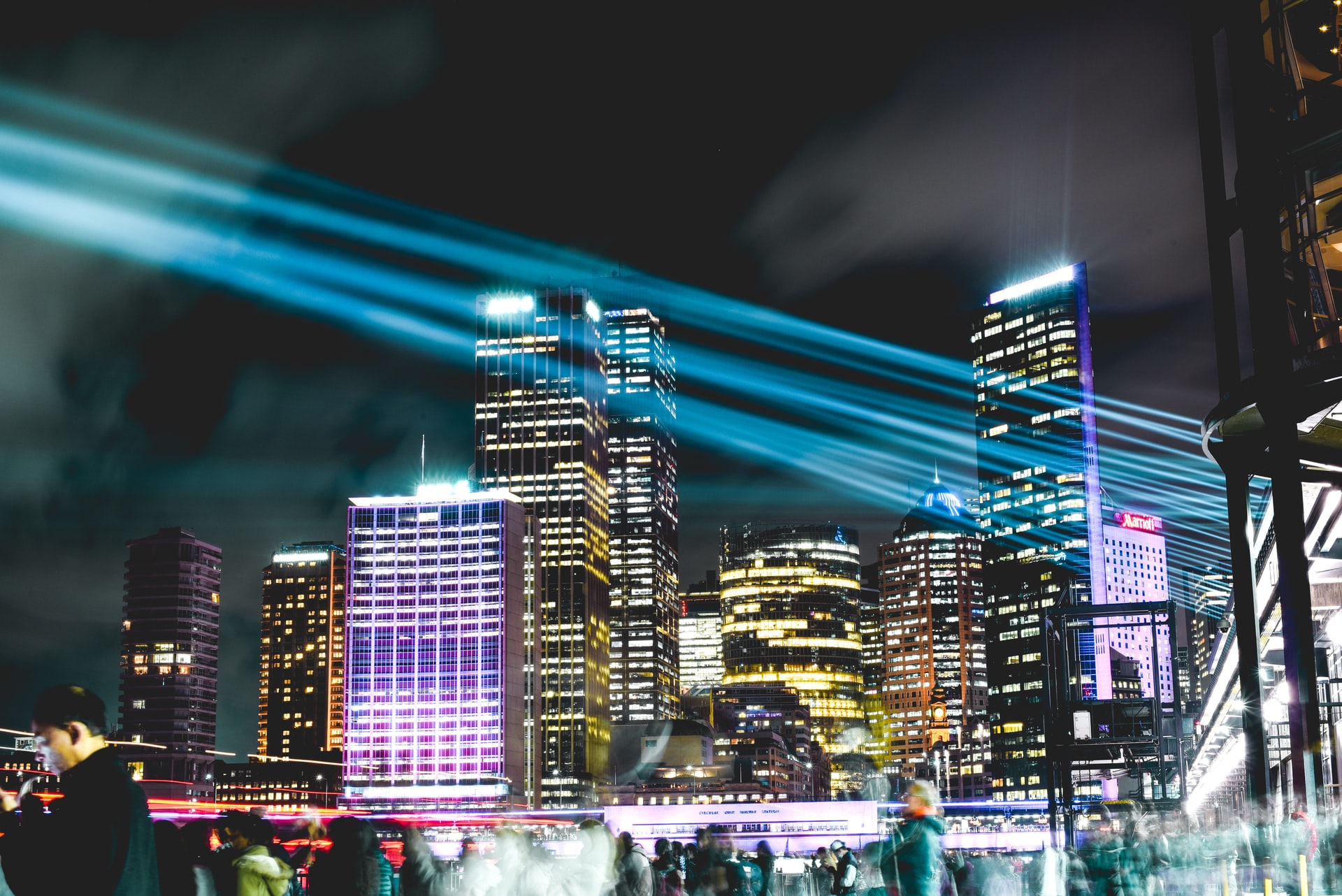
What is Smart City and How Brisbane is Becoming One
Cities are increasingly becoming smarter. How ‘smart’ a city is will largely depend on the type of technology and innovation that is integrated into its infrastructure. Everything from handling waste management, crime, traffic, and emergency response is factored in. From being a thing of the future or a gimmick unlikely to succeed, is now slowly but surely becoming a part of our daily lives. Brisbane has seen a lot of growth in this regard, with many amazing technological innovations being implemented into the day-to-day life of the city. Here is an overview of what makes a city smart and how Brisbane is becoming one.
The main principles
Smart cities come packed with many amazing technologically-advanced features. The bulk of the amazing benefits revolves around automation, machine learning, and IoT technology. These amazing technologies are quite extensive and have a multitude of applications. Imagine being able to park your car with ease through the use of integrated systems of connected parking slots, which allow you to see which spots are available and when. One core feature of smart cities is that they are also eco-friendly and one of the key principles is using energy conservatively. For instance, this can be done by dimming the lights on a smart pole when the streets are empty or offering ride-sharing services, reducing congestions and offering overall more environmental efficiency.
How do smart cities work
Smart cities are heavily integrated with the internet of things (IoT) devices. These devices usually include sensors, trackers, thermostats, lights and actuators, all of which are interconnected and embedded into the city’s infrastructure. These devices then collect daily data in real-time. The data is later on analyzed in order to see how the city operates in a typical day-to-day scenario. Once analyzed, data is later communicated to decision-makers which can take the information into careful and detailed consideration in order to take the right action. Once this is done, it is possible to improve the city’s operations, manage assets, and improve the overall quality of life for the citizens. Not only do the integrated IoT devices interact with one another and link the city’s infrastructure together, but so do the people who can interact with the smart city ecosystem using mobile apps.
The significance of smart cities
This tech environment should be able to provide an urban environment with a high quality of life standard, while also being optimal for the city’s economy, energy-efficient and generally more eco-friendly. These features are becoming increasingly more important because a green revolution is going to be necessary in the near future.

Brisbane is the future
Brisbane has launched its very own Connected Brisbane initiative. Which has implemented many amazing features like real-time telemetry gauges to monitor flood levels, 3D digital urban modeling and analysis tools, large-scale Bluetooth Road monitoring, electric vehicle charging stations and the amazing emergency vehicle prioritization initiative. Furthermore, the digital growth has also been marked by an amazing IoT company in Australia, with advancements even in workflow automation in construction, agriculture, rental and logistics sectors.
More sustainable environments
Sustainability is at the forefront of smart cities, by offering many amazing benefits both for the environment and the people in it. Smaller geographical footprints, smart connectivity and electric enabled vehicles are key in making the cities of our future more sustainable. A lot of power could be saved if the electric grid was regulated in terms of its frequency of use, through the use of smart movement sensors. Actionable steps like these could bring back sevenfold benefits both environmental and social.
Cities in the near future are bound to be smarter. With so many technological advancements, it is only a matter of time. Much of the progress has already been made in great cities like Brisbane, through the use of smart IoT devices in almost every industry and part of the infrastructure. The significance of smart cities is that they bring countless benefits both for the people but also for the environment that they inhabit. The future definitely looks greener if these main principles are intelligently applied.
